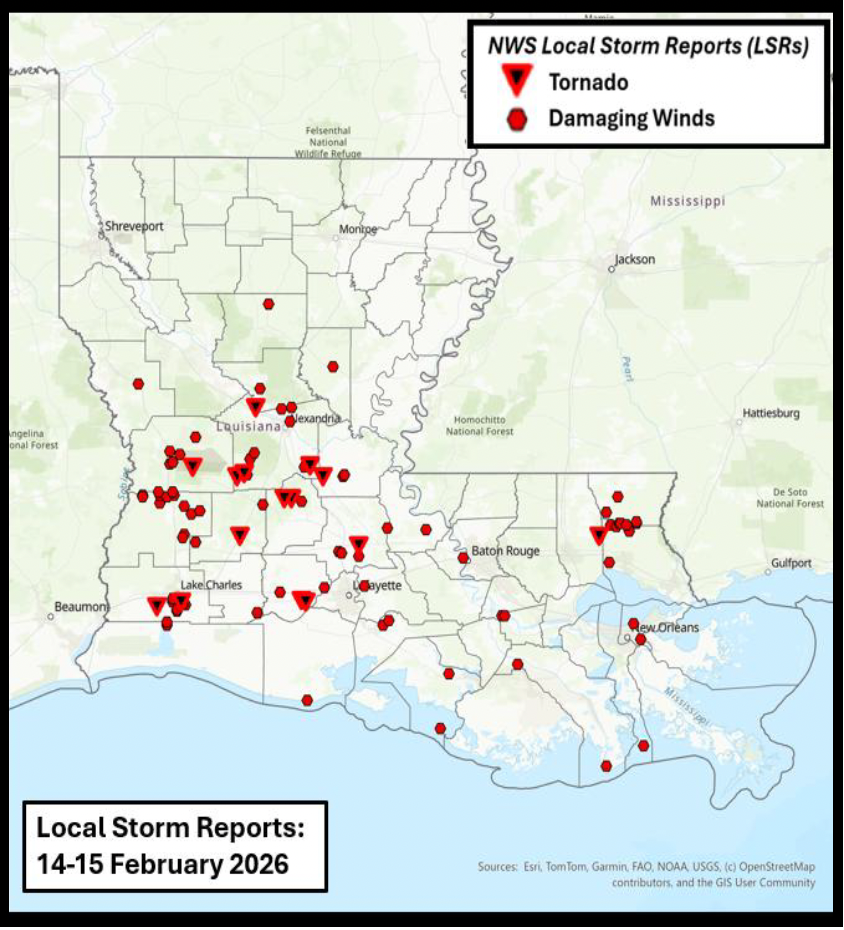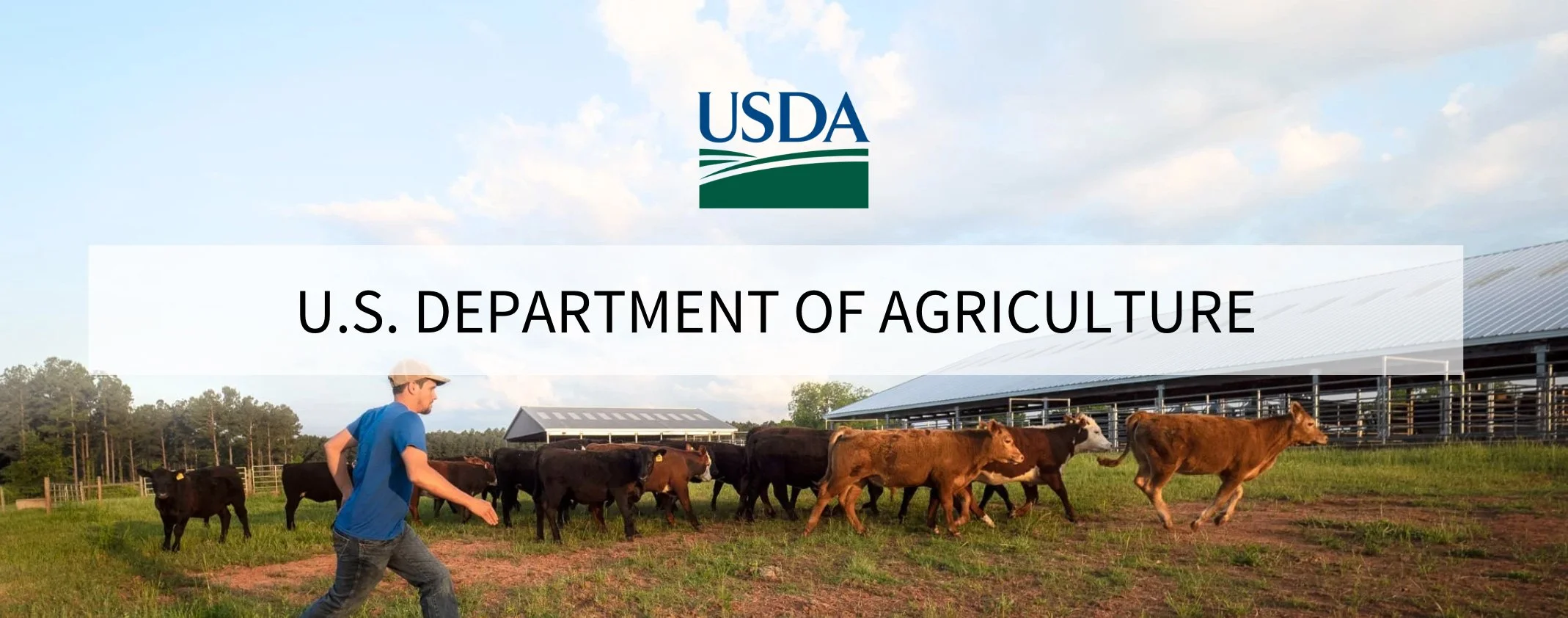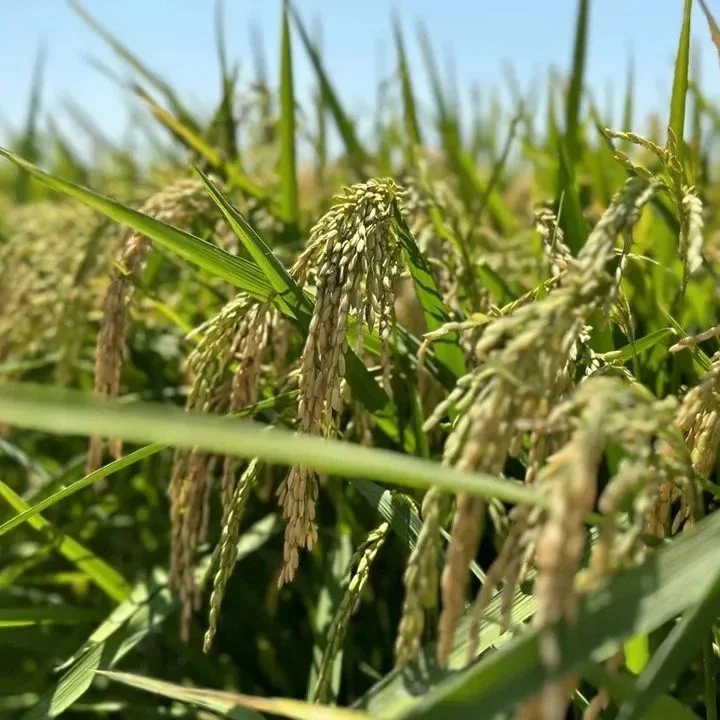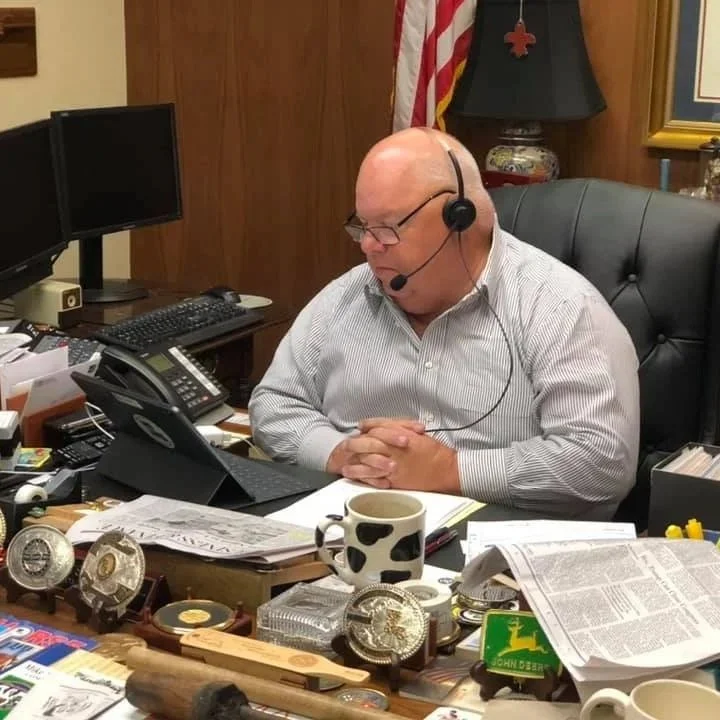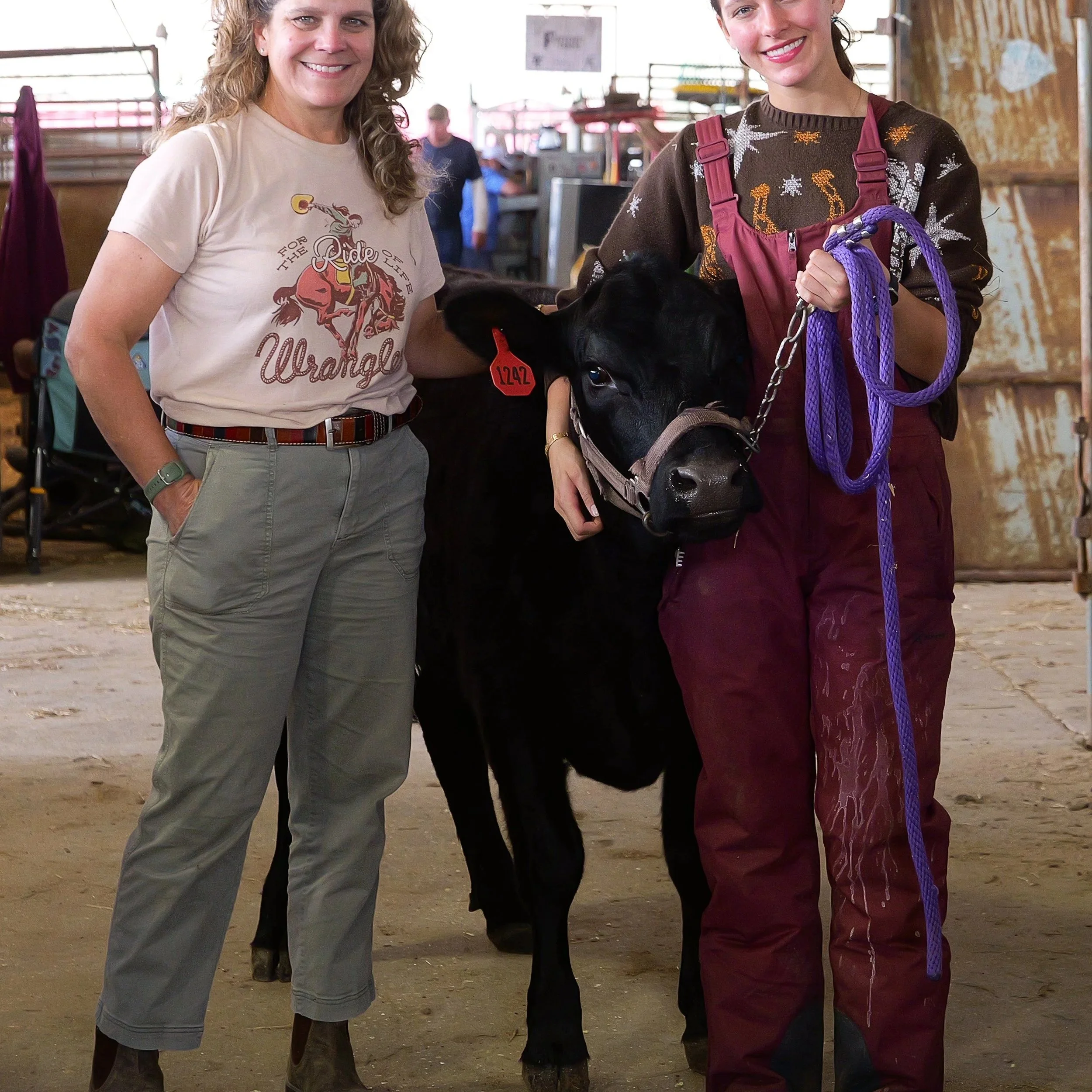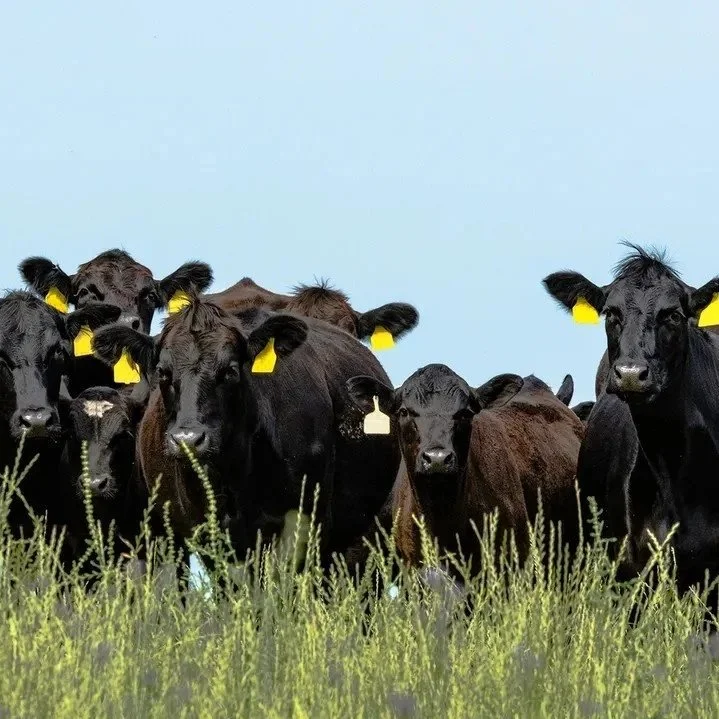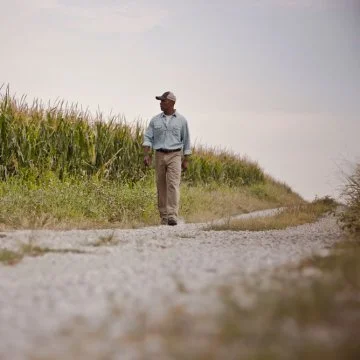U.S. Secretary of Agriculture Brooke L. Rollins today announced the U.S. Department of Agriculture (USDA) is providing $150 million in assistance to American sugar beet and sugar cane farmers in response to temporary market disruptions and increased production and processing costs.
Read MoreCattleCon 2026, the premiere event of the National Cattlemen’s Beef Association, broke records for attendance in Nashville, with over 9,500 attendees. The event brought together cattle producers from all 50 states and across the globe to talk about national and international challenges and opportunities associated with cattle. Because the Delta does it just a bit differently, Farm Press caught up with state representatives from Arkansas and Louisiana to find out the challenges local cattle producers brought to the attention of national experts and strategists.
Read MoreLike every other state across the country, Louisiana has a sex offender registry. Now, Chalmette Republican Representative Mike Bayham wants to create a registry for those who abuse animals.
Bayham said the purpose of his bill is to allow those who sell animals to make informed decisions.
Read MoreWhat shapes up to be the most significant tornado outbreak for Louisiana in more than a year produced at least 19 confirmed touchdowns (NWS preliminary reports) between the evening of Feb 14 into the early morning of Feb 15.
Read MoreFriday, the U.S. Supreme Court ruled 6-3 that President Trump overstepped his authority under the International Emergency Economic Powers Act (IEEPA) to impose tariffs on trading partners. In the majority opinion delivered by Chief Justice Roberts, the Supreme Court found that the Administration lacked clear authorization and delegation from Congress to impose tariffs to govern imports.
Read MoreSecretary of Agriculture Brooke Rollins today announced the U.S. Department of Agriculture (USDA) is opening the enrollment period for the Farmer Bridge Assistance (FBA) program, providing $11 billion in one-time bridge payments to row crop producers in response to temporary trade market disruptions and increased production costs. The FBA enrollment period opens Feb. 23 and closes April 17, 2026.
Read MoreRice farmers have a new tool in their toolbox: a seed treatment that not only reduces herbicide injury, but also promotes better above-ground and below-ground biomass.
Read MoreAmerican Farm Bureau Federation President Zippy Duvall commented today on the Supreme Court’s decision to strike down the administration’s use of tariffs.
Read MoreThe following letter was sent last week from Louisiana Commissioner of Agriculture and Forestry r Dr. Mike Strain.
Read MoreThérèse Harris delights in getting to know the unique personalities of the animals she raises on her family’s farm in Breaux Bridge.
Some cattle — like Juanita, the sleek black heifer Harris brought to this year’s LSU AgCenter Livestock Show — are pretty easy to get along with. Others, not so much.
Read MoreWet conditions that favor parasites like liver flukes are a reminder that herd health threats often develop quietly before becoming costly problems.
Read MoreFrom row crops to livestock and sweeteners, the latest projections from the 2026 USDA Agricultural Outlook Forum point to a familiar theme for the year ahead: slightly tighter supplies offer modest price support, but upside remains limited by global competition, demand shifts, and structural market pressures.
Read MoreA Republican state representative has filed a trio of bills targeting carbon capture. The lead measure Pineville Representative Mike Johnson has filed is the Louisiana Landowners Protection Act, which would eliminate eminent domain for carbon capture projects. Johnson notes that eminent domain is an important tool for “public necessary purposes.”
Read MoreA Louisiana state lawmaker has introduced legislation that would allow the state government to seize and destroy seafood that violates state law in the latest effort to crack down on imported seafood – particularly shrimp.
Read MoreU.S. Secretary of Agriculture Brooke L. Rollins today announced the U.S. Department of Agriculture’s (USDA) intent to purchase up to $263 million in dairy and agricultural products from American farmers and producers to distribute to food banks and nutrition assistance programs across the country.
Read More



